Skin Changes During Cancer Treatment
How to Manage the Symptoms
Changes to the skin are one of the most common side-effects to chemotherapy. Learning what to expect can help you prepare and protect your skin during this stressful period in your life. Luckily, some of these problems can be prevented, and they disappear soon after the treatment is finished.
Common Skin Changes During Cancer Treatment
There may be several different changes to the skin, depending on the kind of cancer medications a patient receives. Some of the more common symptoms during cancer treatment include:
Redness
Dryness and peeling
Discoloration of your skin (often a darkening where the pressure is applied to your skin). This is more common in individuals with dark skin, and with certain cancer drugs, such as Adriamycin (doxorubicin)
Rashes. It's important to note that there are several different types of rashes that may occur.
Sun sensitivity. You may become sunburned more easily than usual.
Acne-like rashes. An acne-type rash is common with the tyrosine kinase inhibitors such as Tarceva (erlotinib.)
Coping With Skin Rashes and Redness
Depending on what exactly caused a specific symptom, the doctor may recommend creams or offer some other suggestions on how to ease the symptoms. There are some steps that patients can do on their own, to help them minimize discomfort.
Drink a lot of water
Protect and moisturize your skin with gentle creams, ointments, and lotions.
Use alcohol-free and unscented varieties of skin care products.
Apply lotion or cream immediately after showering, while the skin is still moist.
This will increase lotion and cream efficiency. For very dry skin and lips, use ointments, such as Aquaphor.
Don’t rub your skin dry after showering. Rather use a towel to gently pat it dry. Bath with warm, not with very hot or cold water.
Oatmeal baths can soothe dry skin.
Try and use just water when washing.
Use mild clothes detergent.
Avoid wool and similar, possibly irritating fabric. Wear comfortable, fitting clothes.
Electric razors can minimize cuts when shaving.
Stay inside when the weather is either very hot or very cold.
Protect your skin from the sun. Shield it with hats and umbrellas, and avoid exposure to the sun during midday. Some sunscreens and tanning beds can contain irritating chemicals. Don’t use them. Ask your oncologist for a recommendation on which product to use. If you do use sunscreen, find the one with good UVA and UVB protection.
Keep your skin clean to prevent acne and acne-like symptoms. Contact your oncologist prior to using any over the counter product. Chemo drug Tarceva can cause symptoms resembling acne, but they are not acne, and most acne medication will not do much to heal them.
Tarceva (Erlotinib) Rash
Some chemotherapy drugs can cause symptom similar to sunburns, which can worsen by unprotected sun exposure. This is especially so if the chemo is combined with radiation therapy. The best protection is prevention. Cover up, use sunblocks and other physical protections, like hats and umbrellas.
However, you still need vitamin D, so it’s wise to check your vitamin D levels. You can take vitamin D3 supplements, if your Oncologist recommends it.
Tarceva (Erlotinib) Rash
Many people experience the acne-like rash while taking Tarceva (Erlotinib) or any other EGFR inhibitors. Irony is, the appearance of the rash and pimples may be a sign that the medicine is working properly. Talk to your Oncologist about the methods you can use to ease the symptoms. Learn more about Tarceva-related skin problems. Take time to learn about managing Tarceva-related skin problems.
Radiation Recall
When certain chemotherapy drugs are used during radiation therapy, a severe sunburn-like rash can appear on the patient’s skin. This is called radiation recall, and it’s one of the special situations patients should be aware of. The symptoms include itching and burning, and they can last up to a few days. Your Oncologist might even want to temporarily stop with chemotherapy for a period of time. This symptom is most common with lung cancer, when the drug Adriamycin (doxorubicin) and/or Taxol (paclitaxel) are applied.
Fingernails and Toenail Problems
Nail changes related to chemotherapy are often separate from the skin changes related to these medications, but it's important to note that there are a number of problems people experience, ranging from loose nails to lines and infections. If you are concerned about your nails, take a moment to learn about nail changes your treatment.
When to Call the Doctor
Certain symptoms should prompt you, sooner than others, to report them to your oncologist. Patients should contact their physician if they notice any symptoms of infection, such as painful skin, drainage from the skin, or a fever. Severe itching or hives could be a sign of an allergic reaction, so your oncologist should know about it. .
Bottom Line
There is a wide range of possible skin issues that can occur during chemotherapy. You can help and ease the symptoms, and even prevent some of them, by use of lotions, avoiding caustic substances, and staying off the direct sunlight during midday.
Sometimes a rash is a sign of medicine taking effect, like with patients that are using Tarceva.
Keep your doctor informed on any nuisance that you experience. Small concerns can turn out to be important, and no symptom is to be overlooked and brushed of as insignificant.
Dr. Singhal’s Recommendation
Dr. Singhal believes that cancer patients can and should feel and look their best while they fight cancer and recover from it, and following that idea, she used her experience and expertise to hand-select this line of skin care products suitable for cancer patients.
Skin is the biggest organ in our bodies and the first thing that people see on us. It's a barrier between us as organisms and the outside world. In order to have healthy skin, we should use proper skin care products, and that is where Chemo Companion products can help.
She has been working with cancer patients for over twenty years and she noticed that skin issues are a big concern for the patients, so she decided to help patients in an aspect that is often forgotten by doctors, by providing help for those issues.
Chemotherapy, surgery and radation can leave your skin dry, irriated, burnt, sensitive and scarred. Relieve and repair your skin with our range of soothing skin care products.
Newly diagnosed or currently living with cancer? Find the most current information about living with cancer, symptoms of cancer and cancer treatment, as well as motivational cancer survival stories from fascinating people across the world.














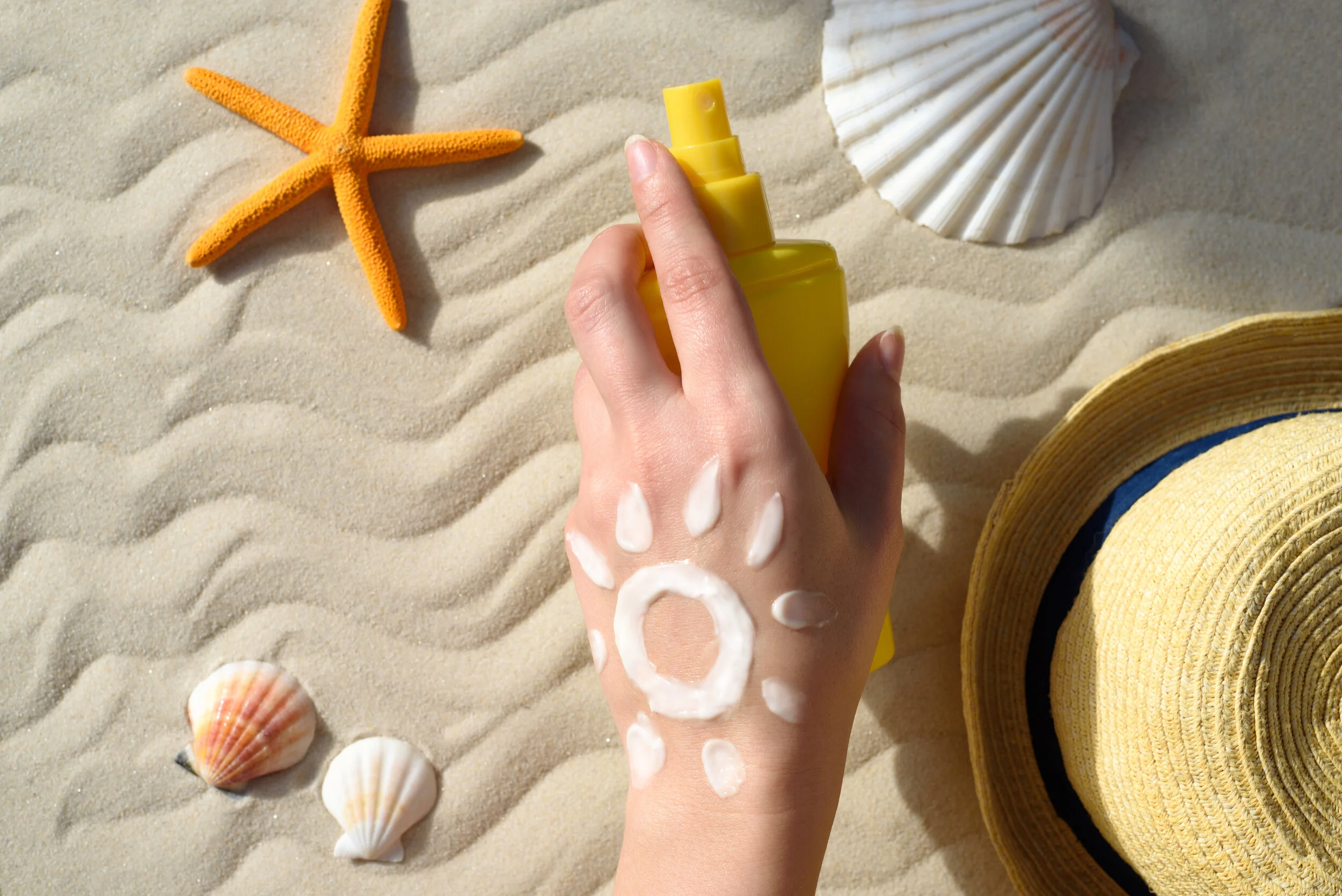

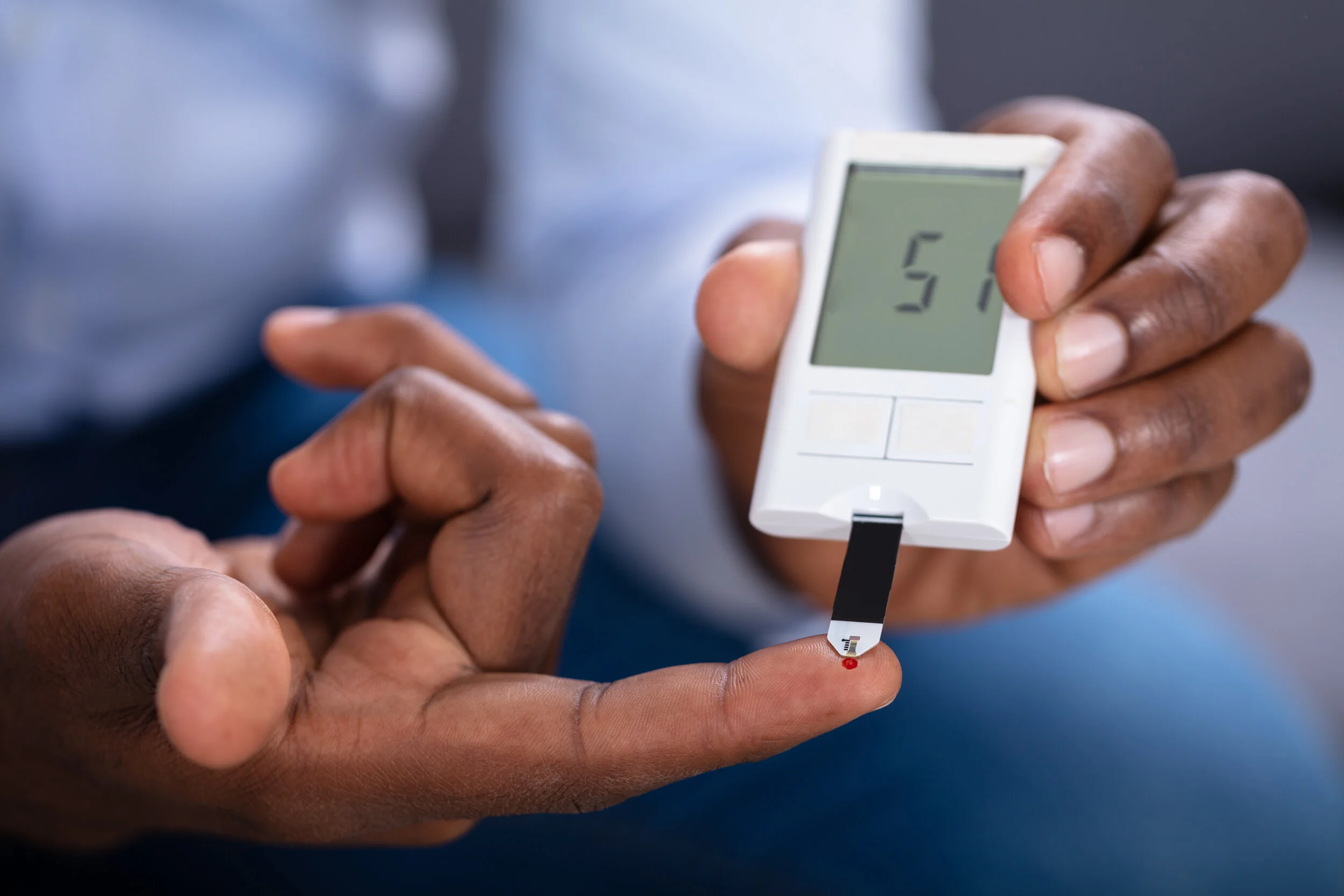
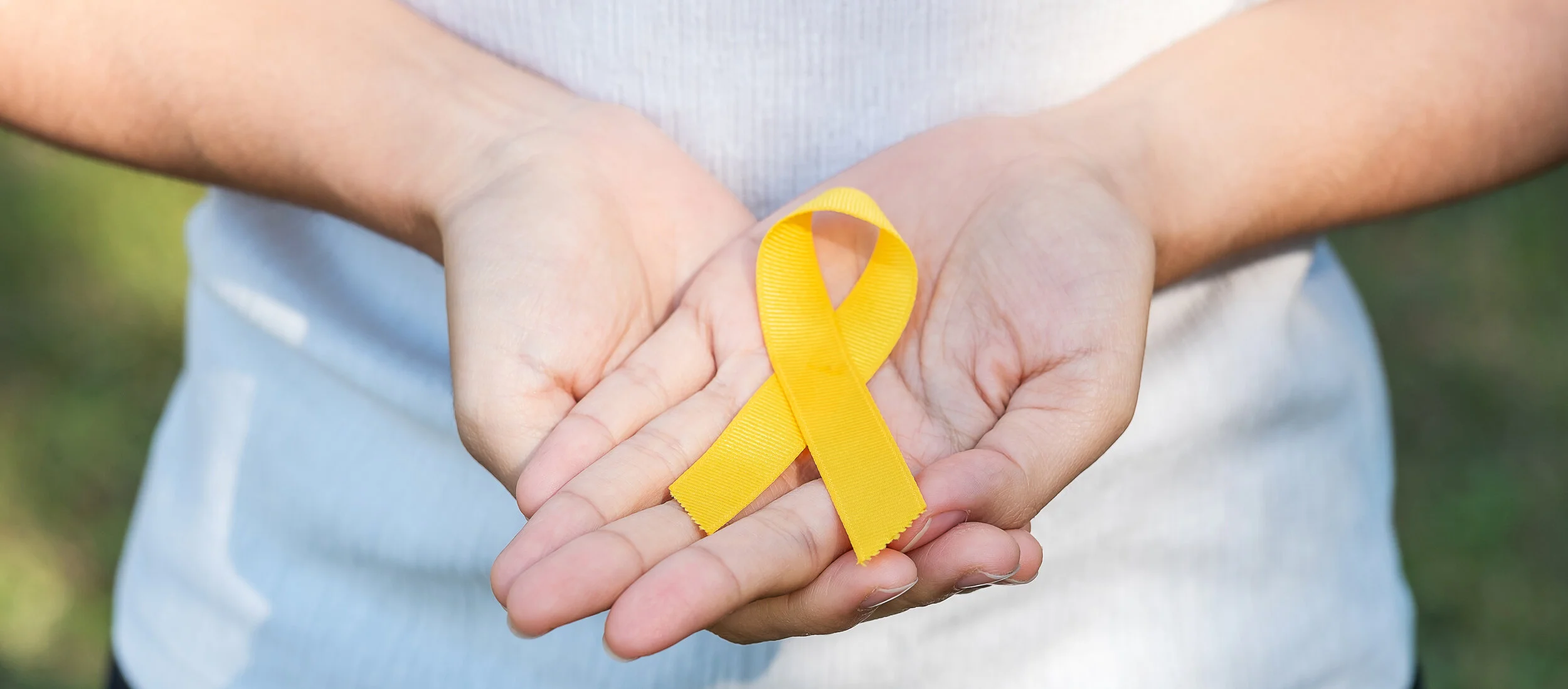
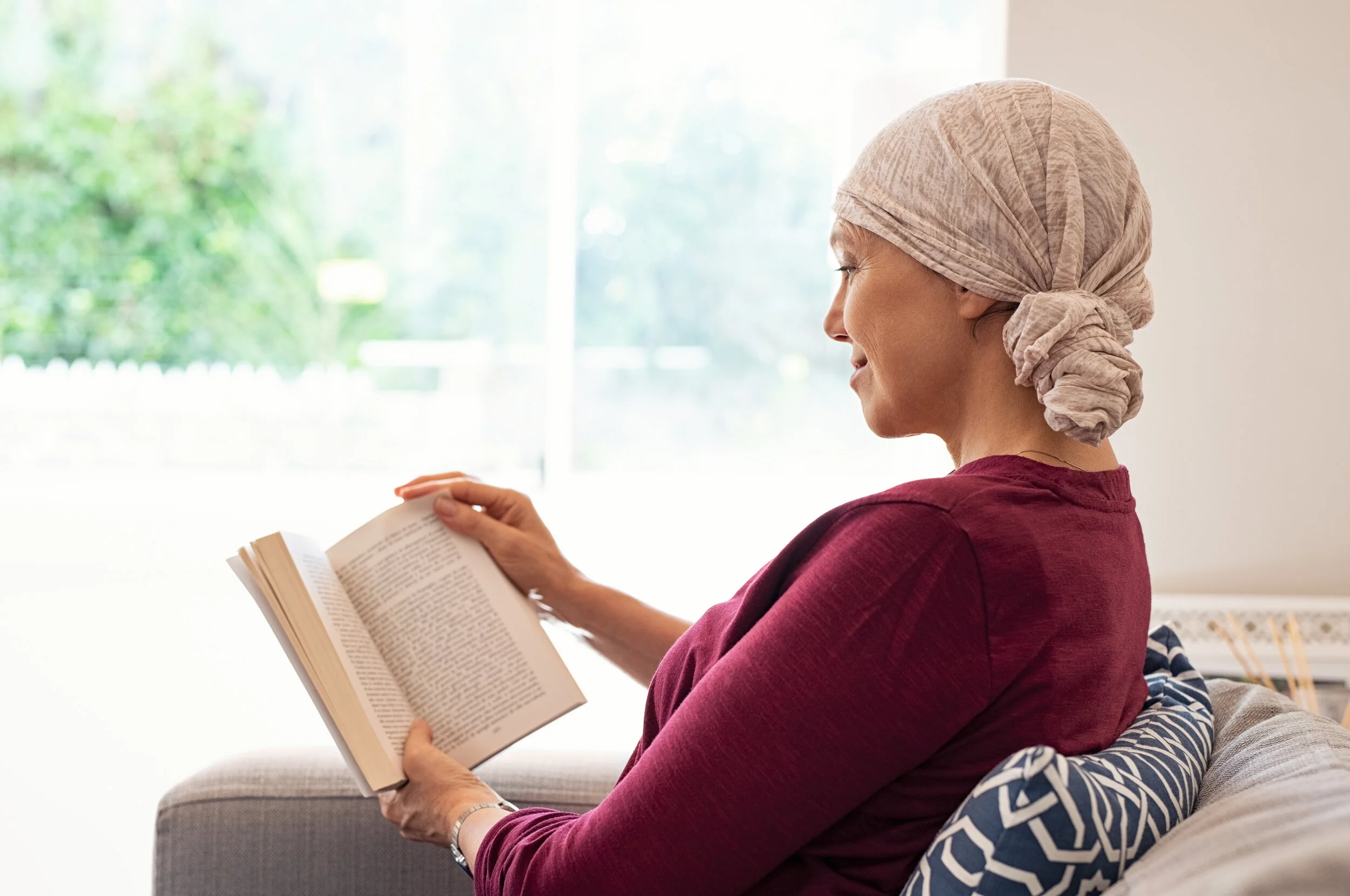
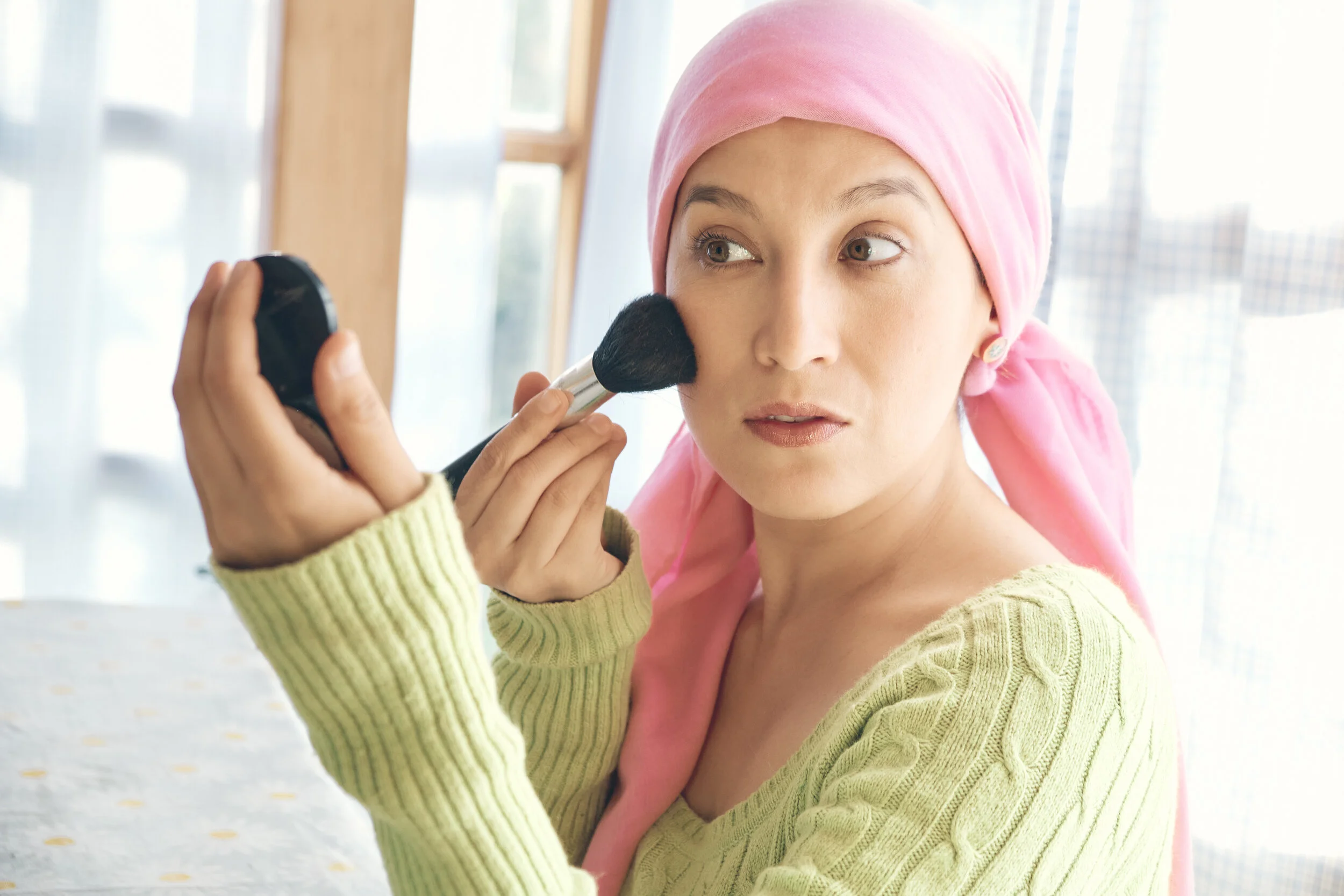
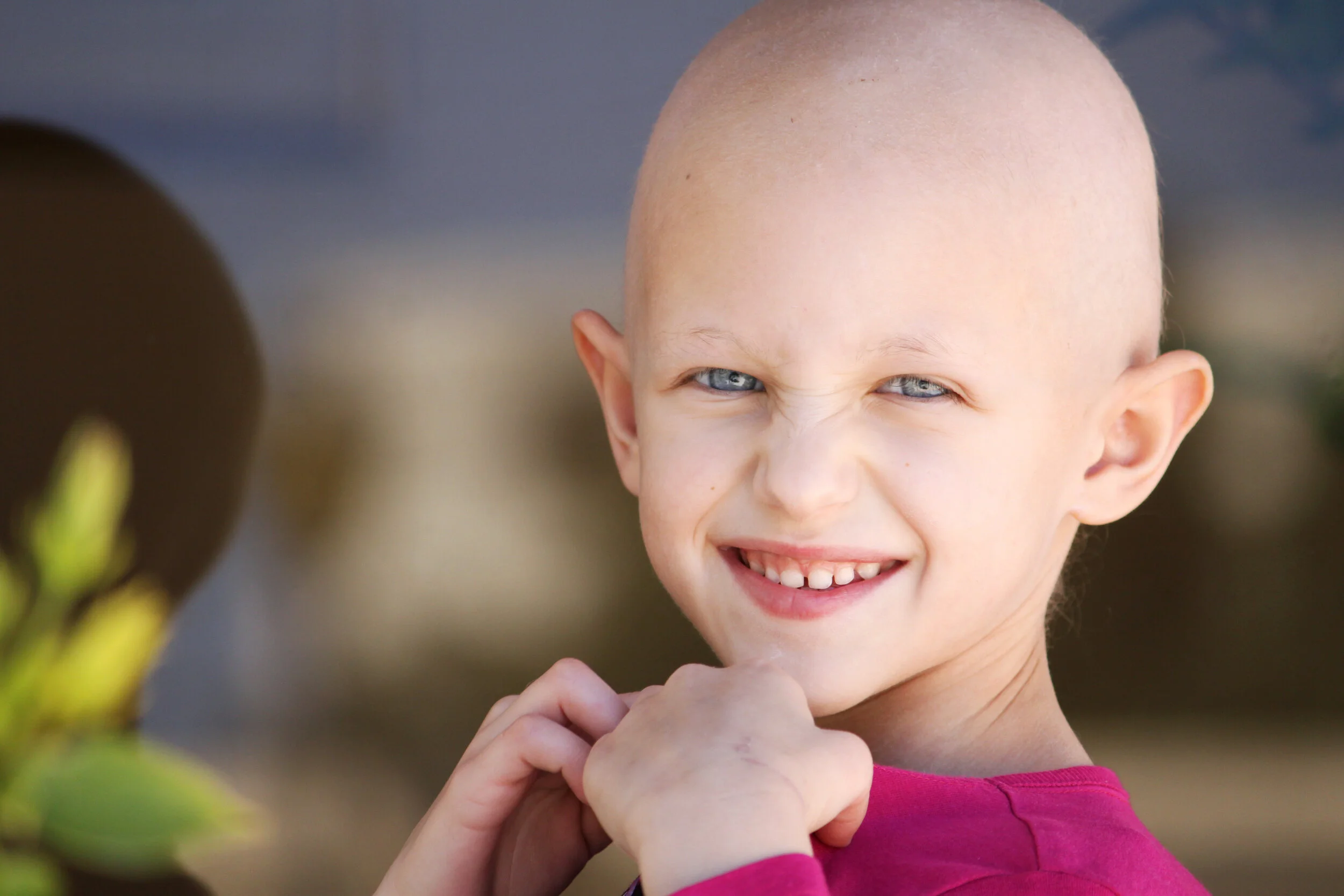
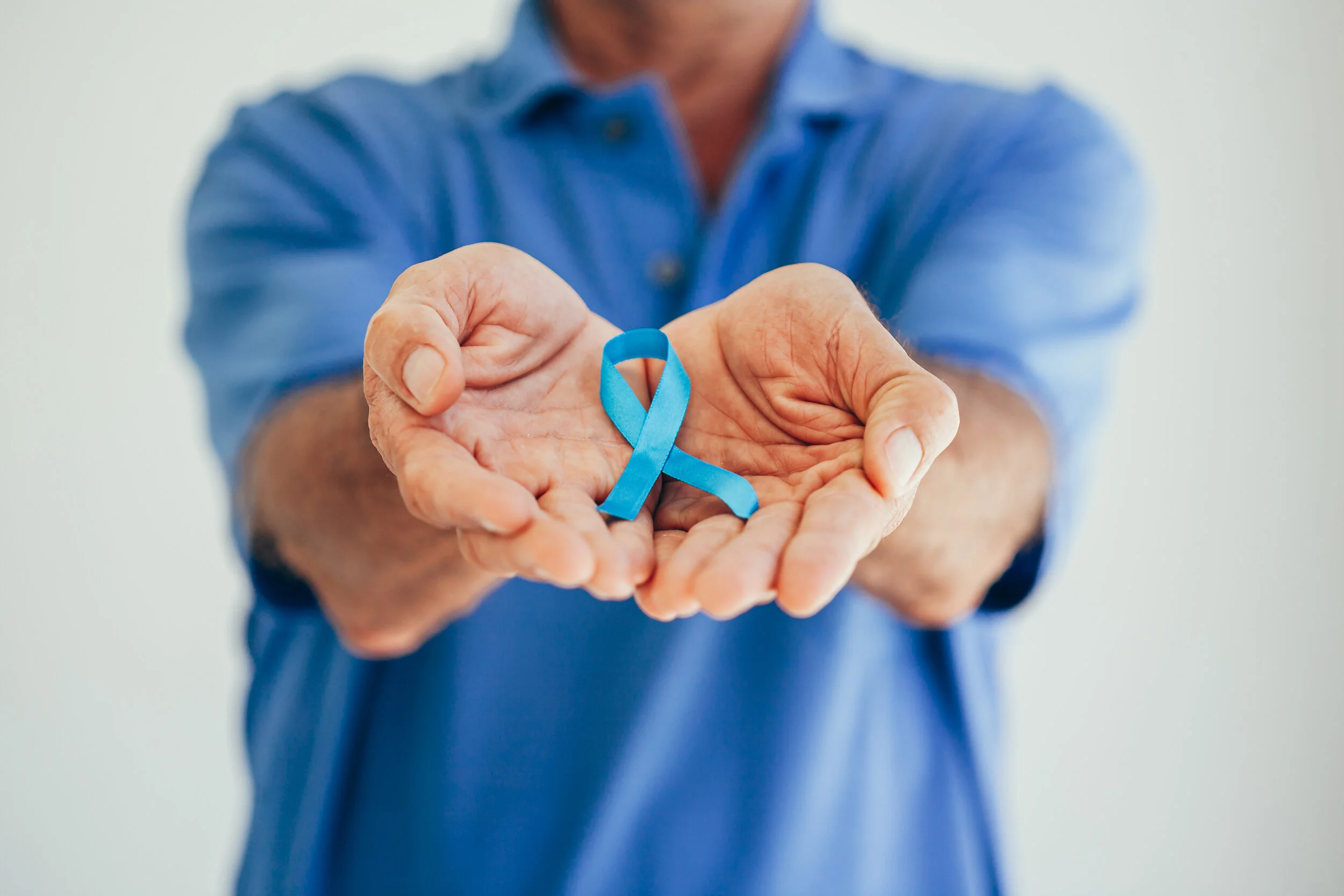
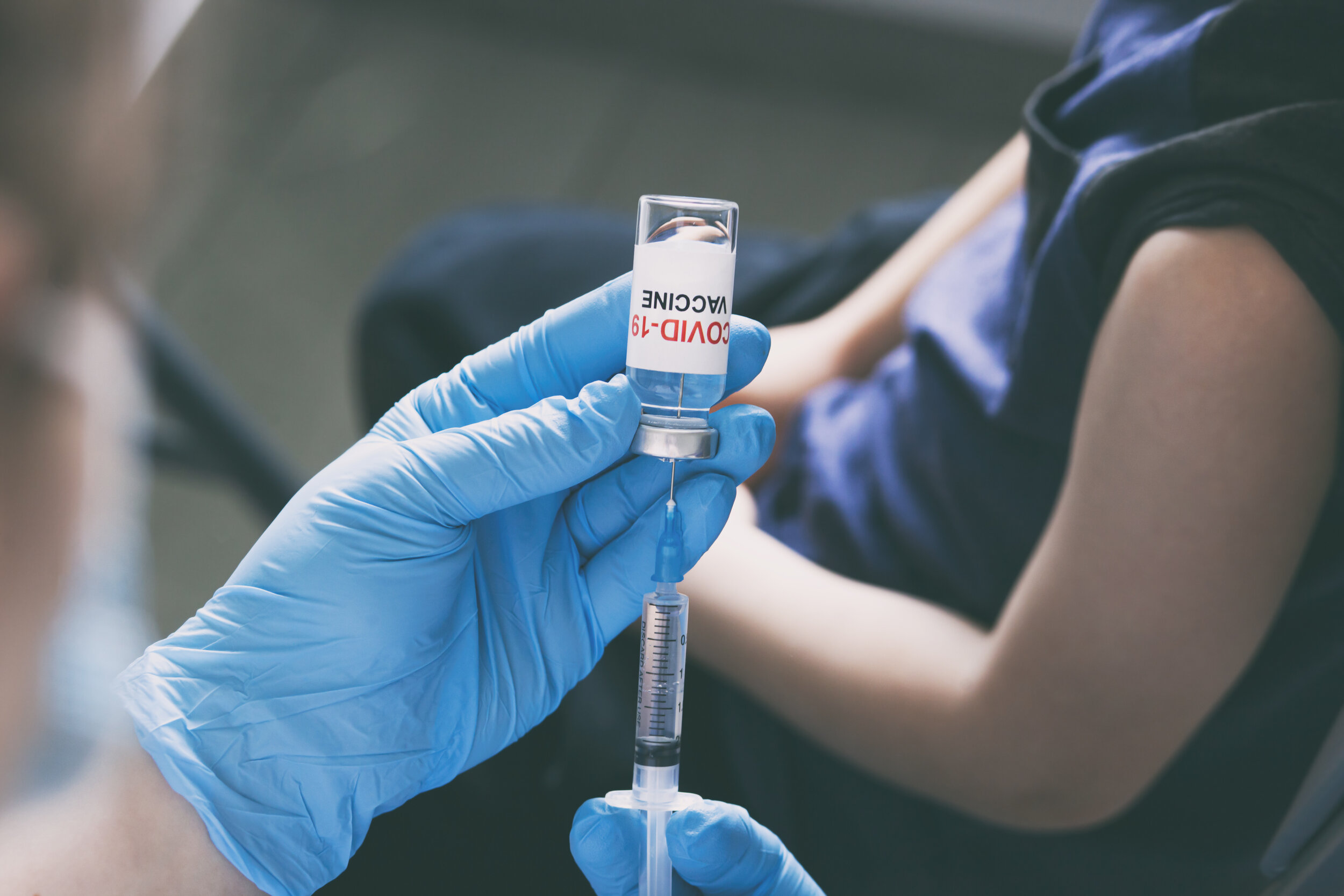
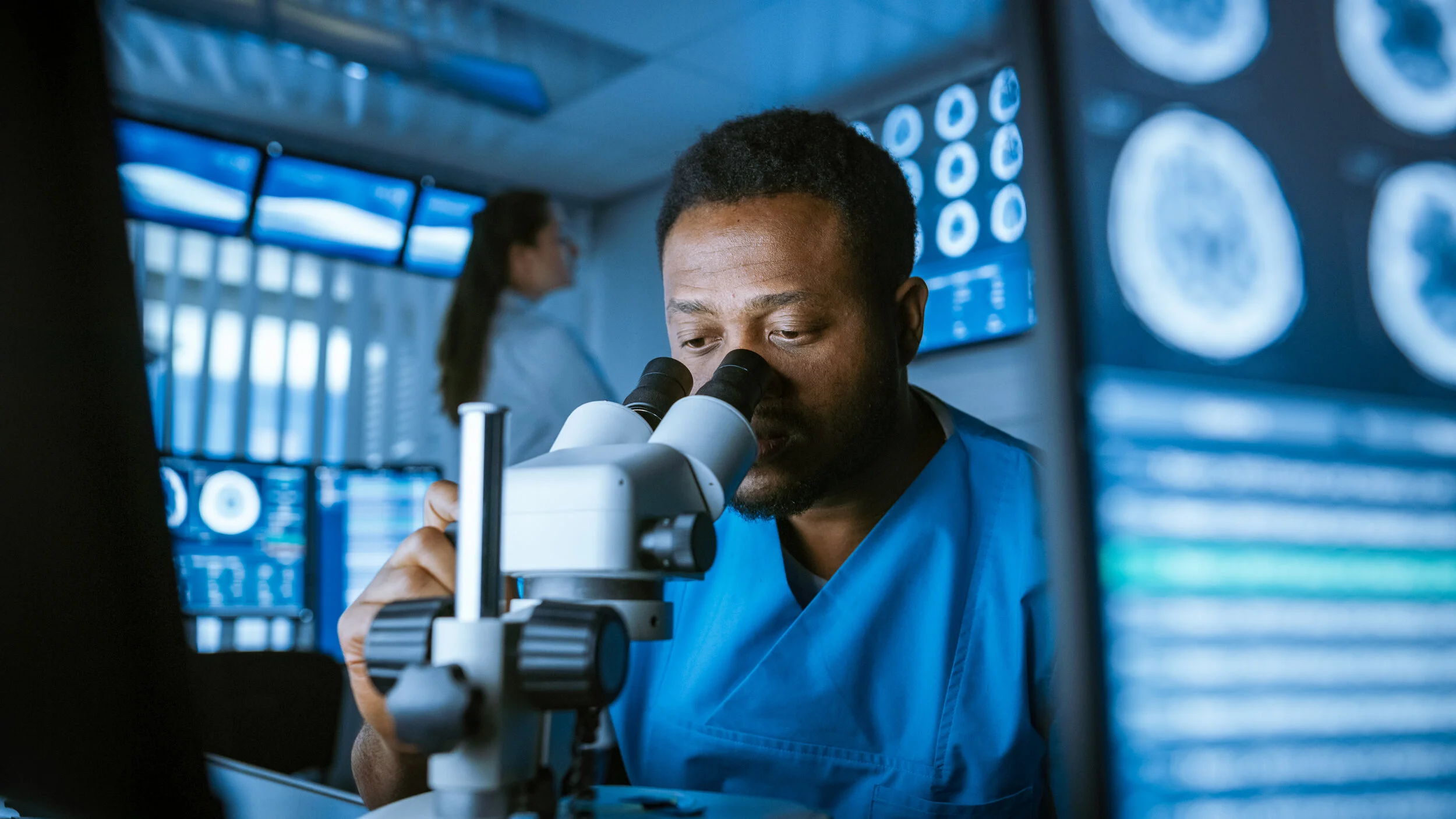
Gently remove dirt and makeup without stripping dry, sensitive skin of moisture with this hydrating cleanser containing aloe and essential fatty acids